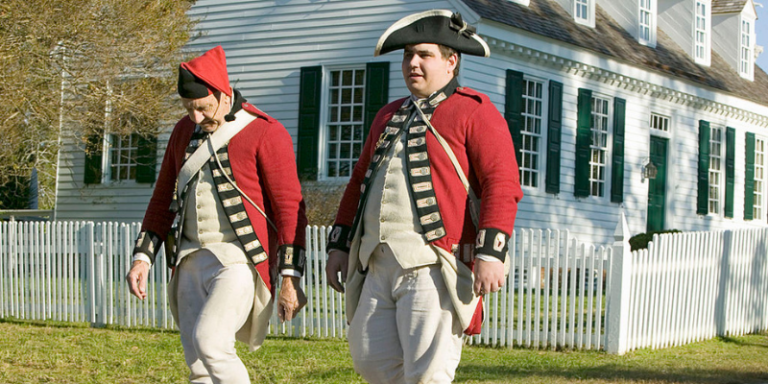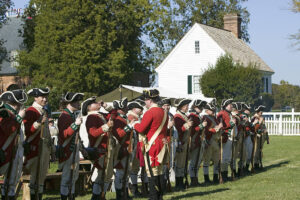The Third Amendment: What Is It and How Does It Work?
Is the Third Amendment still important now that the Revolution is over?
By: Sarah Cowgill | December 17, 2020 | 470 Words

(Photo by: Joe Sohm/Visions of America/Universal Images Group via Getty Images)
When we talk about the Bill of Rights, the Third Amendment rarely comes up. So, what is the Third Amendment, and why do we have it? In full, the Third Amendment reads:
No Soldier shall, in time of peace be quartered in any house, without the consent of the Owner, nor in time of war, but in a manner to be prescribed by law.
What Makes the Third Amendment Important?
 Back before the American Revolution, colonists were expected to quarter British troops in their homes – that means they were expected to let soldiers stay there and use their resources. The colonists were well armed and expected to serve in militias. That is a right and duty that later made it into the Second Amendment. These well-armed and self-sufficient colonists didn’t want or need the British troops around, and they couldn’t really afford it either. By the time the colonists were driven to rebellion, the city of Boston – with its population of just 15,000 – housed around 4,000 British troops.
Back before the American Revolution, colonists were expected to quarter British troops in their homes – that means they were expected to let soldiers stay there and use their resources. The colonists were well armed and expected to serve in militias. That is a right and duty that later made it into the Second Amendment. These well-armed and self-sufficient colonists didn’t want or need the British troops around, and they couldn’t really afford it either. By the time the colonists were driven to rebellion, the city of Boston – with its population of just 15,000 – housed around 4,000 British troops.

(Photo by: Joe Sohm/Visions of America/Universal Images Group via Getty Images)
In the Declaration of Independence, the Founders made it clear that “quartering large bodies of armed troops among us, in times of peace, standing armies, without the consent of our legislatures” wasn’t okay. When the Bill of Rights was added to the Constitution, the Founders were careful to include a protection against quartering.
Great in Theory, Not in Practice
Though there have been several wars since the Revolution to hit what would become the United States, only the War of 1812 and the Civil War saw ground battles in states where the residents were U.S. citizens protected by the Constitution at the time. During both wars, federal troops were quartered in civilian homes without congressional approval and regulation, and no compensation was ever approved by Congress after the fact.
During the Civil War, both Union and Confederate troops often took over personal properties and used civilian supplies without first getting permission. There were an estimated $500,000 worth of claims for rent and damages to real estate from loyal states following the Civil War and $2,500,000 from the states in rebellion.
And that’s just from the test cases examined by a congressional committee to determine whether such claims should be paid. They worried that “very many millions” of further claims would come if they agreed to pay these, so they didn’t. No one on either side received any compensation from the federal government for rent and damage to real estate.
The Third Amendment doesn’t come up often outside of war on U.S. soil – and it seems like the government is okay with ignoring it even then. Today, it may best serve as a reminder and a warning.















